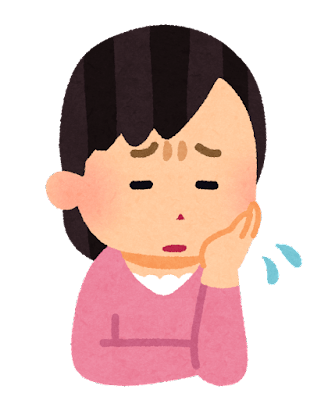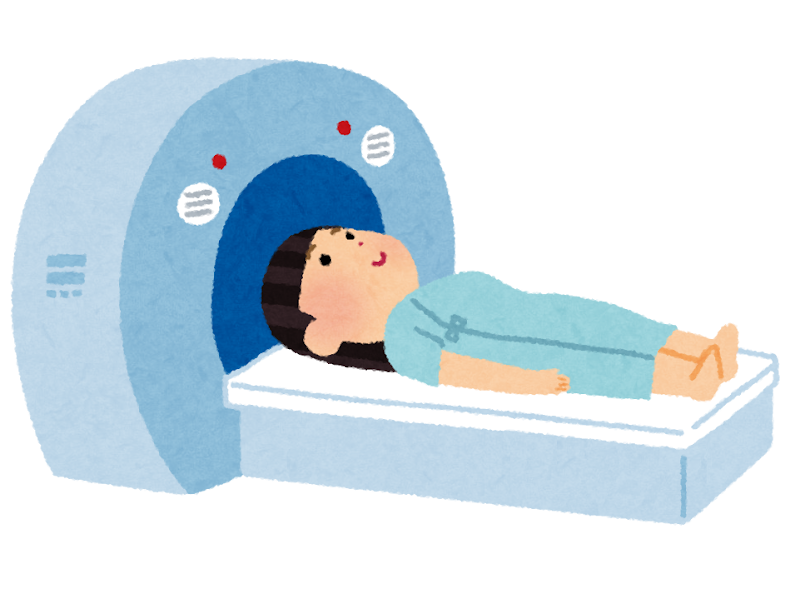Dear Friends,
When I first got diagnosed with hyperprolactinemia. I had never heard of it. For my own understanding, I spent hours online reading about it. Here’s a condensed summary of what I found out and what it’s like navigating this process in Japan.
What Is Hyperprolactinemia?
Hyperprolactinemia (kōu purorakuchin kesshō, 高プロラクチン血症) happens when the pituitary gland (nazō kaku zō, 下垂体) overproduces prolactin. Prolactin(プロラクチン) primarily helps stimulate milk production in pregnant and breastfeeding women, but it also affects mood, menstrual cycles, and even bone density.
Common causes of high prolactin levels include medications, stress, certain medical conditions (such as hypothyroidism or polycystic ovary syndrome), pituitary tumors (prolactinomas), and other structural issues affecting the hypothalamus or pituitary gland. It’s essential to be aware that a pituitary tumor (kasuitai shuyō, 下垂体腫瘍) could potentially be the root cause. That’s why it’s really important to get a thorough medical checkup to find out exactly why your prolactin levels might be high. Like everyone, I despise going to the hospital and I tend to wait and see bit, but I learned from my doctor that in this instance it’s really important to go and get a proper diagnosis…. immediately.
The Main Issues and Symptoms

- Irregular Menstrual Periods (futeiki na seiri, 不定期な生理): High prolactin levels can disrupt the menstrual cycle, leading to irregular or absent periods (amenorrhea).
- Infertility: Hyperprolactinemia can interfere with ovulation and fertility, making it difficult to conceive.
- Galactorrhea: Some women with high prolactin levels may experience milky breast discharge unrelated to pregnancy or breastfeeding.
- Decreased Bone Density: Long-term high prolactin levels may cause a decrease in bone density, increasing the risk of osteoporosis.
- Headaches (zutsū, 頭痛): High prolactin levels may lead to headaches and visual disturbances due to pressure on the optic nerves.
- Mood Changes (kibun no hendō, 気分の変動): Prolactin can influence dopamine levels in the brain, and high levels may be associated with mood swings, depression, and anxiety.
- Irritability (iraira, イライラ)
- Weight Gain: Some individuals with hyperprolactinemia may experience unexplained weight gain.
- Increased Breast Size and Tenderness (nyūbō no itami, 乳房の痛み): Some will experience fuller and more tender breasts like with PMS.
Personally I experienced several symptoms including dizziness (memai, めまい), migraines (henzutsu 偏頭痛), and uncharacteristic irritability. Despite being a calm person, I found myself easily agitated. Also, I experienced a rather uncomfortable increase in breast size and tenderness, which was out of the ordinary for me. At the end of the day, intuitively, I just knew that something was not right.
My Diagnosis Process in Japan
At first, I visited my local Ladies Clinic (redīsu kurinikku, レディースクリニック, to discuss my symptoms. The gynecologist (san-fujinka, 産婦人科医) ordered a simple blood test (ketsueki kensa, 血液検査), which revealed elevated prolactin levels.
Typically, if high prolactin is found, patients are referred to a larger hospital (byōin, 病院) for advanced imaging, such as an MRI scan (MRI kensa, 検査), to rule out a pituitary tumor . One would have to call (denwa de yoyaku, 電話で予約) the neurology department (nōgekai, 脳外科) to make an appointment.
In my case, however, my gynecologist referred me directly to a well-known neurology clinic (nō shinkei, 脳神経クリニック) in my town. This saved me from having to visit a large hospital. She also provided a referral letter (shōkai-jō, 紹介状), which is typically required when moving between clinics and hospitals in Japan.
At the neurology clinic, I underwent an MRI scan to rule out a tumor.

What I Learned
In my case, despite thorough examinations, including two MRIs, my doctors were unable to pinpoint the exact cause of my elevated prolactin levels.
I suspect a connection to stress and my complex post-traumatic stress disorder (CPTSD) from childhood trauma(yōnen trauma, 幼年トラウマ.) Research published in Obstetrics & Gynecology, suggest that as childhood traumatic experiences like exposure to an absent, alcoholic, or violent father, may predispose women to develop hyperprolactinemia later in life (Nunes et al., 1980).
After completing a course of dopamine receptor agonist medication (which is often the first line of treatment for high prolactin), my doctor had mentioned early on that many people need to retake it over time. The medication didn’t really suit me, so I decided to explore gentler, long-term options. I began researching ways to support my prolactin levels naturally.
If you experience similar symptoms, I strongly encourage you to see a healthcare professional. In Japan, this typically starts at a Ladies Clinic or gynecology, with follow-up at a larger hospital if advanced imaging is needed.
Even if you hate hospital visits (byōin ni iku no wa iya, 病院に行くのは嫌), getting properly checked can give peace of mind and rule out serious causes.
Disclaimer: I am not a medical professional. The information provided in this blog post about hyperprolactinemia is based solely on my personal experiences and research. It is intended for informational purposes only and should not be considered as medical advice. If you suspect you may have hyperprolactinemia or any other medical condition, please consult with a qualified healthcare professional for proper diagnosis and treatment.